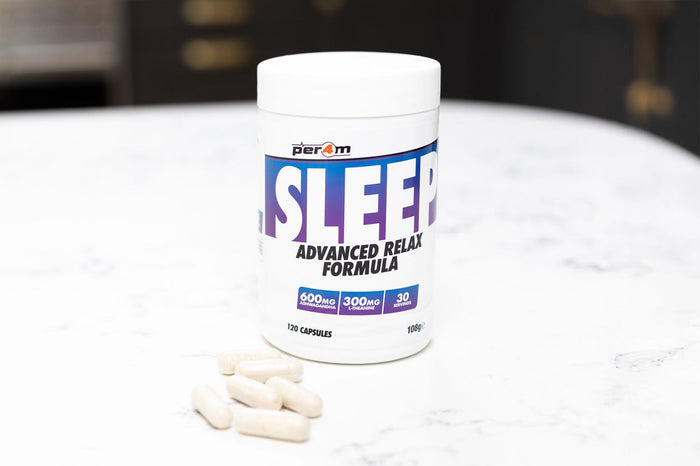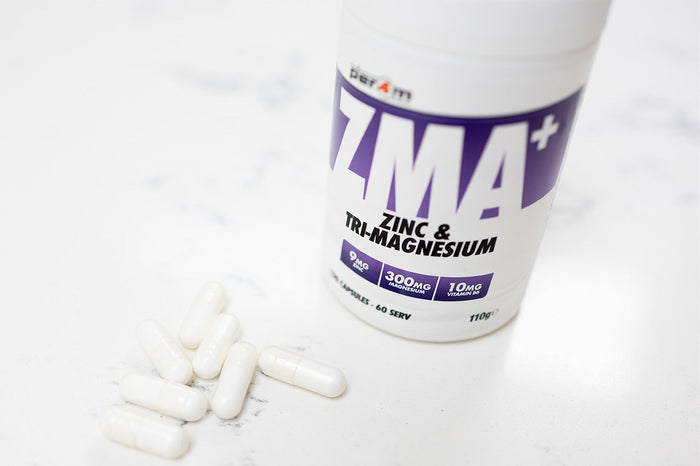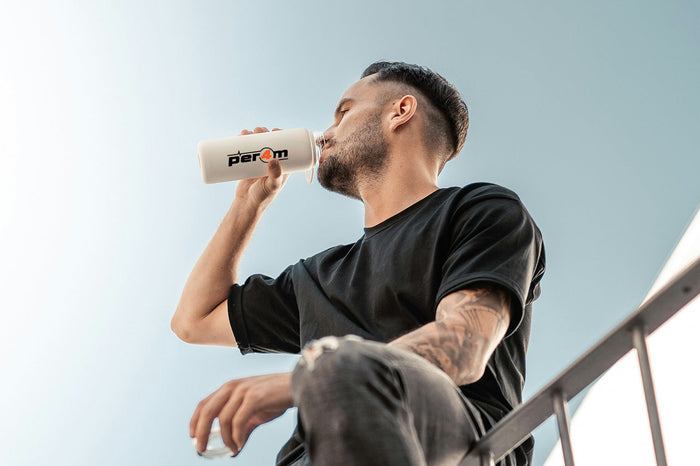
Is it possible to gain muscle and lose fat at the same time?
An energy deficit (i.e. dieting) typically results in a loss of both muscle and fat mass. As protein and resistance training are the two main anabolic stimuli, combining these two whilst dieting may be beneficial for body composition.
This study investigated whether a high protein diet (2.4 g/kg/day) is more beneficial for body composition compared to a lower protein diet (1.2 g/kg/day) in combination with an intense training program. Both diets created a 40% energy deficit and participants were training 6 days per week including full-body resistance exercise, high-intensity (sprint) interval training, time-trials, and plyometric body circuits.
After 4 weeks, loss of total body weight did not differ between groups, which is not surprising because the training regimen and the energy deficit was similar between groups.
However, the high protein group lost more fat mass compared to the lower protein group (4.8 vs 3.5 kg). In addition, the high protein group even gained lean mass, while this was not the case in the lower protein group (1.2 vs 0.1 kg).
The data suggest that with frequent intensive training, muscle mass loss can be prevented during dieting. A high protein intake has an additional positive effect on muscle mass and may help increase fat loss.
However, the large improvements seen during the 4 weeks of the present study would likely be smaller in subjects who have less initial body fat and/or resistance training experience (or during the next 4 weeks of the protocol).
Strengths of the study include that all meals and beverages were provided by the research team and the use of a four-compartment model to assess body composition.
In conclusion, a high protein diet has a positive impact on body composition during a dieting program that includes frequent intensive exercise training. Under such conditions, it is possible to gain muscle mass while losing fat mass at the same time.
Author:
Jorn Trommelen. Jorn earned his MSc in Nutrition and Health with top honors at Wageningen University & Research Centre. He then obtained his PhD in Muscle Metabolism at Maastricht University, at one of the leading laboratories in that field. He now works at Maastricht University as Assistant Professor.
The views and opinions in the article are those of the author and do not necessarily reflect those of the brand, or deemed as an endorsement of the PER4M brand or products by the author.



